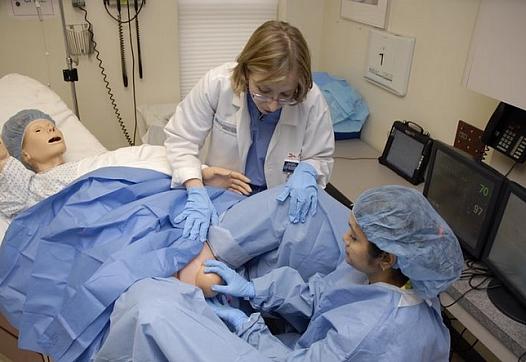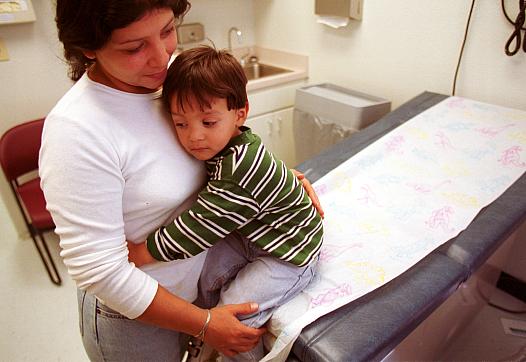
New tech devices can help parents make sure they're talking to their kids enough. Such conversations drive healthy brain development and help kids keep up with their peers at school.

New tech devices can help parents make sure they're talking to their kids enough. Such conversations drive healthy brain development and help kids keep up with their peers at school.

Lack of affordability and choice make Obamacare a nonstarter for one family. This is one is a series of four perspectives on the impact of Obamacare.

There is a lot of public data on maternal health and New York City hospitals. WNYC's Fred Mogul makes sense of it so families can find the best hospital for them.

New York City health officials are watching childbirth rates across the city — and trying to find ways to lower the risk for the most vulnerable group: African-American women.

Maimonides Hospital delivers more babies in a year than any other hospital in New York State. They also have some of the lowest complication rates, a distinction born from practice.

There’s a safety gap in New York City hospitals that puts the lives of black women at much greater risk than white women. Experts say better hospital culture can reduce the risks.

It's been a disheartening week for proponents of evidence-based medicine and childhood vaccines. But to the media's credit, reporters haven't let fringe theories and pseudo-science go unchallenged.

Childhood trauma and adversity have been big buzz phrases in recent years. But are they really just proxy terms for poverty? How one journalist came to rethink her own assumptions in reporting on mental health.

The share of children who are uninsured has reached a historic low of less than 5 percent. That's projected to change if the Affordable Care Act is repealed and the Medicaid expansion reversed.

Data recently made public by Philadelphia's school district showed that nearly 15 percent of water samples taken from school drinking water outlets had lead higher than the legal level for home tap water. This needs to change.